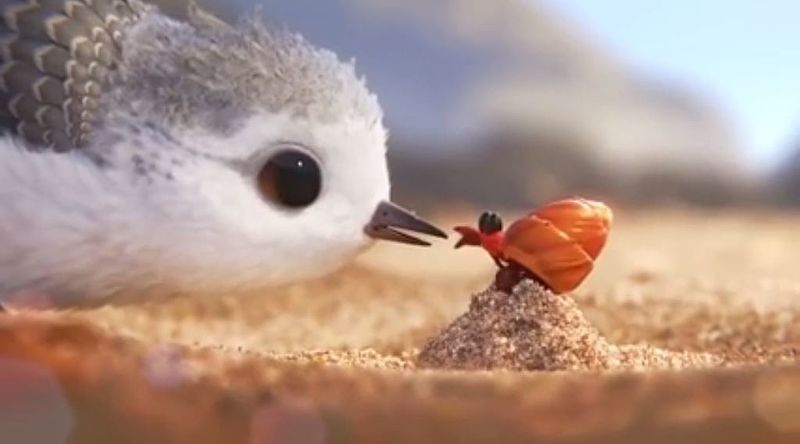A precipitous decline in bird populations in France suggests that the silent spring foretold by Rachel Carson more than 50 years ago in her book of that name may yet arrive. The proximate cause of the 33 percent decline in avian populations noted by French researchers over the last 15 years is lack of food.
In practical terms, the birds are not being poisoned as they were in Rachel Carson’s day. Rather, their main sources of food, insects, are dropping like, well, flies. The ultimate cause is overuse of pesticides related mostly to agriculture, pesticides which are working all too well in keeping insect populations in check.
Described as “an ecological catastrophe,” the decline in bird populations has reached 66 and 70 percent for some species; and the decline is not just in agricultural areas, but also in forested areas outside of agricultural zones.
The findings are not that surprising given previous reports of declines in insect populations of up to 76 percent over that last 27 years in Germany.
While we humans may lament the loss of such beautiful creatures and the degradation of the natural environment, there is an even darker destination which few contemplate. Humans are not just hermetically sealed beings. Instead, we now understand ourselves as agglomerations of cells and other organisms cooperating to keep us alive and healthy. Humans are said to have a microbiome. While the extent of that microbiome is unclear—estimates range from a ratio of 1 microbe for every human cell to 10 microbes per cell—what is clear is that we are completely dependent on thousands of microscopic species.
Of course, we aren’t spraying ourselves with pesticides—at least not intentionally. But our dependence on the natural world extends beyond our skin. Of course, we depend on it for food, water, sunlight, and air. What may be hidden from us—because we are only just now beginning to understand the complexity of our connections to the natural world—are myriad dependencies about which we know nothing and which, if severed, could lead to fatal results.
A year ago I asked which species can we humans survive without. We continue to engage in an uncontrolled experiment to find out. The French avian population survey suggests we are surprisingly far along in that project without even realizing the danger not just to wildlife, but to our very survival.
Photo: “Two lovely animals” (2017). Photo by Bgada9. Via Wikimedia Commons.






